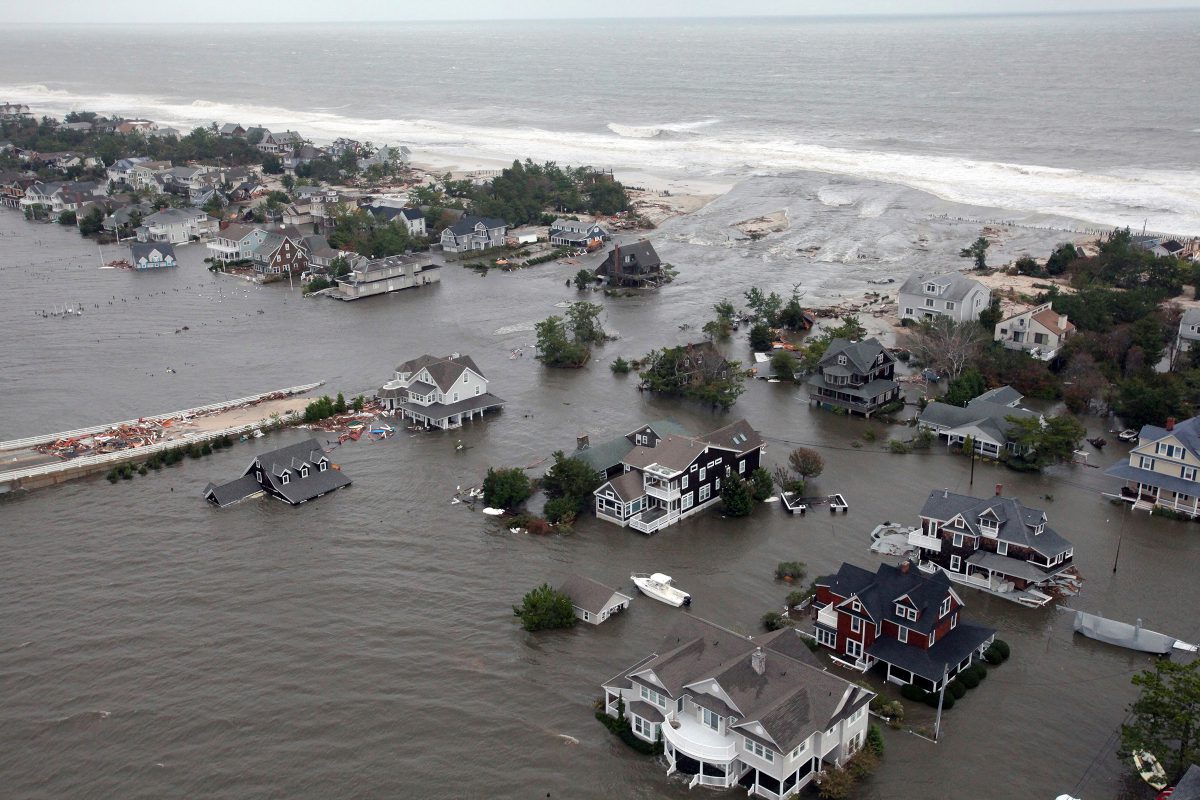The Oxford Rivers Portal, a website and map that helps people understand the health of the Thames and its tributaries in Oxfordshire and make informed choices about safer river conditions, has been launched today (9 September) by environmental charities the Rivers Trust and Thames21 and research institute the UK Centre for Ecology & Hydrology (UKCEH).
The launch of the Oxford Rivers Portal follows increasing public concern over the state of England’s rivers, as well as a growth in interest in wild swimming and watersports.
On a single map, it brings together live raw sewage spill alerts, water quality measurements taken by the Environment Agency and citizen scientists, water levels, flood warnings, bacteria measurements at bathing water sites and sewage treatment rates* at both Oxfordshire’s designated bathing waters, Port Meadow in Oxford and Wallingford Beach. Users can zoom in and click on any of more than 2,000 locations to find out real-time information or data from the past three years.
Previously, these varied data sources were available on different websites and were difficult to access.
Claire Robertson, Oxford Rivers Project Officer at Thames21, said: “Water quality and the health of rivers must improve. The main sources of pollution are agriculture and the water industry, plus a growing threat from plastics and forever chemicals. As more people look to England’s rivers for recreation, we all need to up our game.
“We hope this portal makes it easier for people to decide whether they want to swim, or take out their canoe or paddleboard, on a certain day or not.
“River swimming is so good for you if you do it safely: don’t go into water you can’t swim against, don’t jump into water where you don’t know what’s underneath, and wash your hands after swimming.”
Dr Virginie Keller, an environmental modeler at UKCEH, added: “River pollution is now a major issue of concern for many people but it’s difficult to get clear, up-to-date information about water quality and conditions locally. Our portal is a ‘one-stop shop’, bringing together a variety of data in an accessible way.”
The development of the Oxford Rivers Portal is part of the European GOVAQUA project which aims to accelerate a transition towards sustainable and equitable water use by better water governance. It is funded by the European Union and UK Research and Innovation.
The team behind the portal says the data and information will enable users to gather evidence to understand the state of their local water courses and thus stimulate discussions between the public, regulators and water companies about policies and management relating to rivers and streams.
As designated bathing sites, Port Meadow in Oxford and Wallingford Beach are tested weekly for potentially harmful bacteria by the Environment Agency between mid-May and the end of September. Apart from one day at Wallingford, all the bacteria readings at these two sites have been below the level of concern this season.
Analysis of data from 2023 has found that five out of the seven local sewage treatment works for which data has been provided, show indications of illegal “early” spills of raw sewage.
Sewage treatment works must reach a minimum flow level (called “flow to full treatment”, or FFT) before they can legally discharge raw sewage to rivers and streams via storm overflows, to prevent it backing up in the system. The works are meant to be operating at this minimum level for between one and four hours before a raw sewage release is permitted.
However, on 183 occasions, treatment works had not met this minimum flow rate in the past 24 hours before a raw sewage discharge occurred. Oxford sewage treatment works had 77 separate “early spills” totalling 1,839 hours, Appleford works had 89 spills totalling 1,692 hours, and Stanton Harcourt works had seven early spills totalling 1,322 hours.

















